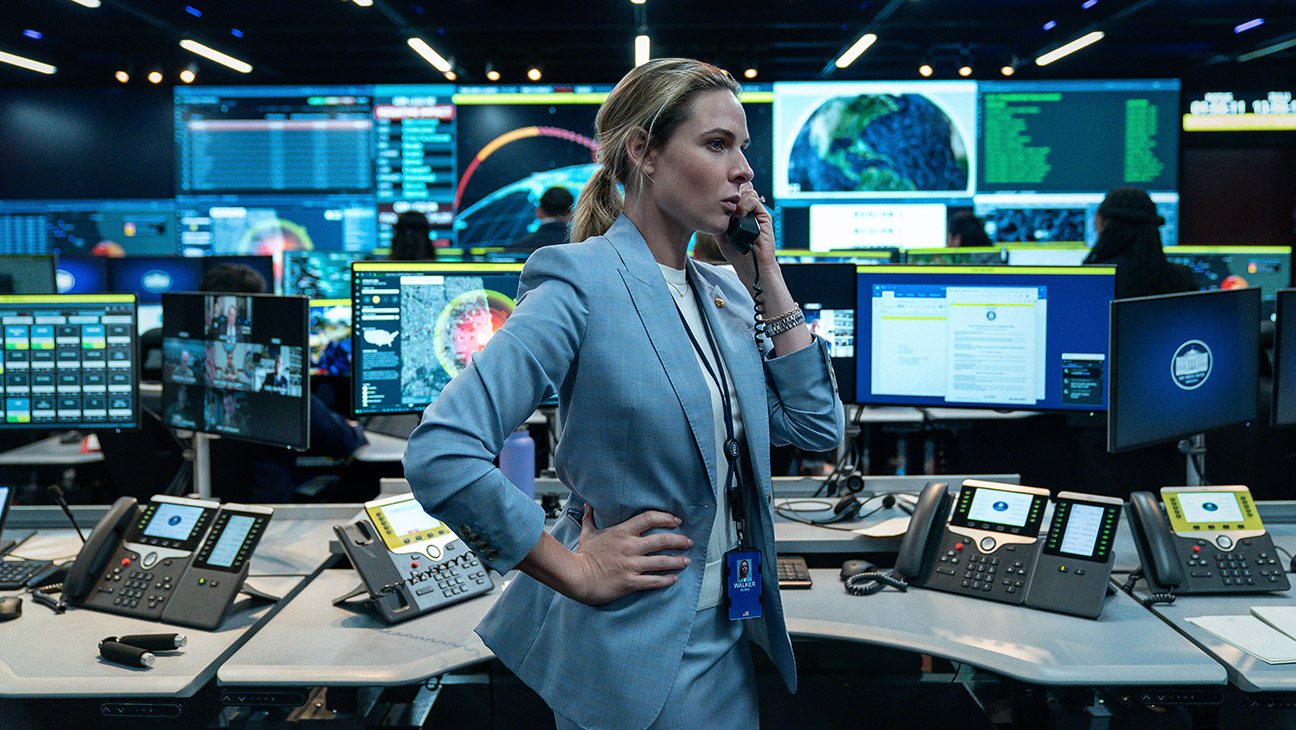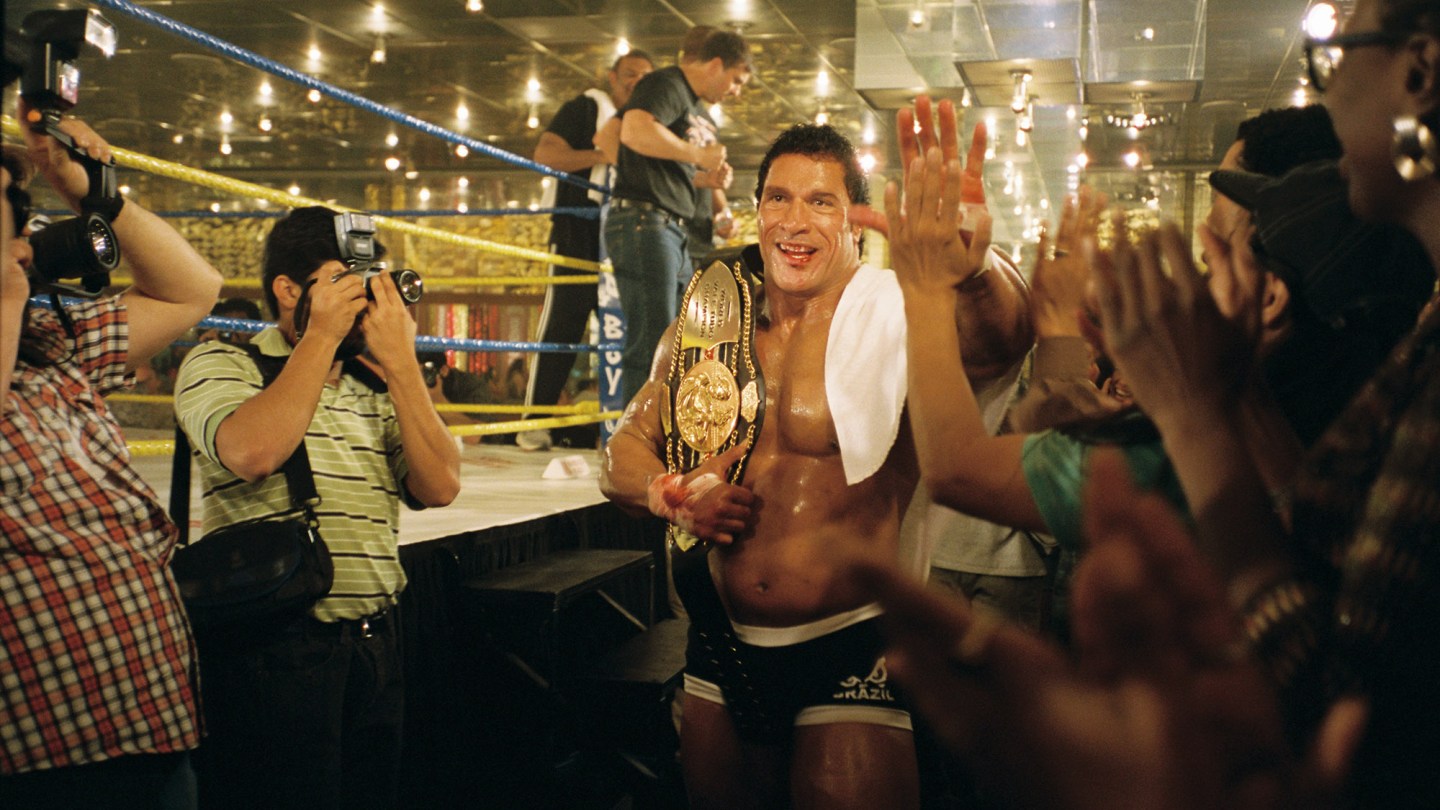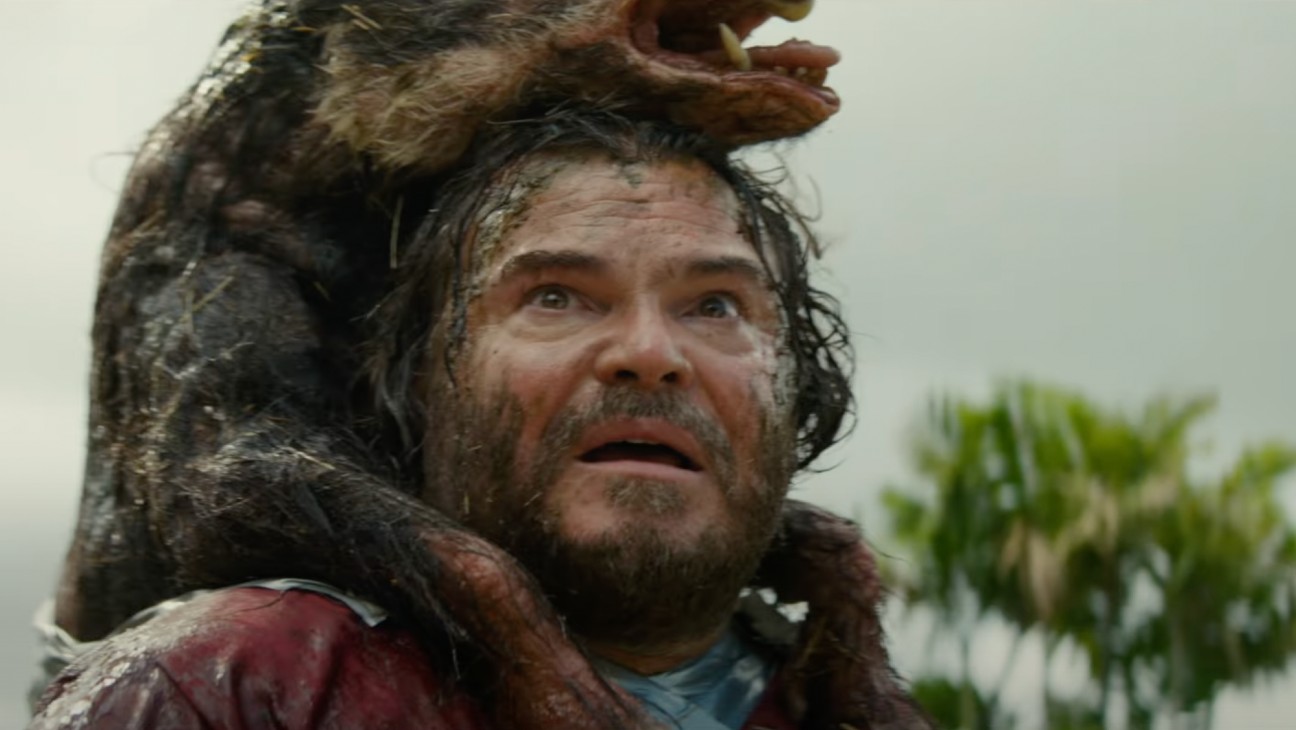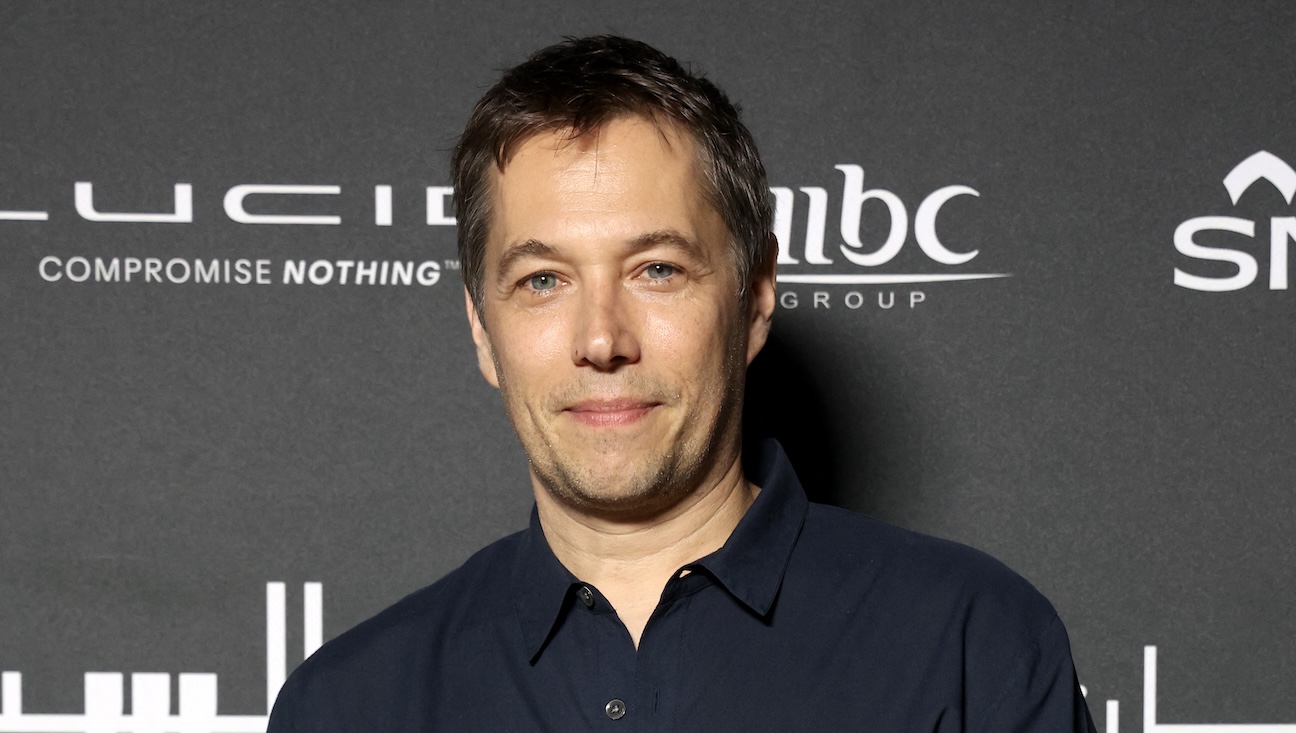Casting director Susanne Scheel normally is on a project for 8 to 12 weeks. For the Kathryn Bigelow-directed political thriller House of Dynamite, Scheel was on the project for nine months.
“There were no real restrictions,” she says, noting the producers told her, “It takes as long as it takes.”
House of Dynamite, which arrives on Netflix Oct. 24, is a real-time look and how individuals within the military and government respond when an unattributed nuclear missile strike is launched at the U.S.
The story is told in three chapters and from varying perspectives, with its wide array of players ranging from the President of the United States to rank-and-file military personnel that populate far-flung locales from Kenya to Alaska to the White House situation room. All in, the ensemble the filmmakers considered “principles” that were auditioned and cast by Scheel and her team numbered over 110. If featured extras were included in the count, says Scheel, “that number would get closer to 150 to 160.”
The sheer scope of House of Dynamite was nothing that the casting director had experience in her career, which includes Coen Brothers onscreen ensembles and titles like Past Lives. In diving in with Bigelow, Scheel remembers, “She basically had the same question as me: This is so massive. How are we going to do this?”
Scheel broke the scripts down into what she saw as six short films and began casting the “pillar” of each of those narratives. This included Rebecca Ferguson as a senior officer in the White House Situation Room, Tracy Letts a general at United States Strategic Command and Jared Harris as the secretary of defense. She then began an extensive audition process to fill out each of the sections with the supporting players — whose screentime could range from significant to only a line or two.
Scheel would often bring in actors she thought would be a fit for the movie but without a specific role in mind, instead finding a role after the fact. “If [Bigelow] responded to them organically, then we would say, ‘Okay, where can we put them?’ We would keep a list going of who we love but who we need a bit more information before we can maybe really specifically place them.” Slowly, like a giant game of Tetris, the pieces started to fall into place.
No one performer is onscreen for much of the film’s hour and 52 minute runtime, and it’s hard to say if there are any traditional leads in House of Dynamite. A handful of major award-winning actors like Greta Lee and Kaitlyn Dever only have a couple of minutes onscreen. (Lee was one of the first people cast because her scene, which takes place during a reenactment of the Battle of Gettysburg, filmed during the actual annual reenactment of the July 4th holiday weekend.)
“Because we had such a short amount of time for them to make the impact that, to me, is why we leveled up,” explain Scheel of populating even perceptively small roles with actors who otherwise lead their own films. “What I really leaned into when talking to the representative, and also the actors, was that it’s not the lead of the movie, but it has very important points, and they will stay with people.” The casting director also adds that having Bigelow, an acclaimed filmmaker who is known to take her time finding her projects, didn’t hurt her chances of landing massive talent no matter the size of the part.
Given the subject matter of the film, Scheel was handed research about the military and government, studying each position and watching speeches of real U.S. army generals. Many of the featured extra roles were filled with veterans. “There’s just a way the people who have served hold themselves or the way they talk to each other, and we can’t fully recreate that with all actors,” says Scheel, who notes that Malachi Beasley, who appears opposite Ferguson in the Situation Room has a background in the military.
One role that did have an outsized onscreen presence was the President of the United States. “He doesn’t even have a last name in it. It’s literally just ‘POTUS,’” says Scheel. For two-thirds of the film, POTUS is a disembodied voice, before being revealed and leading the story’s final chapter. She adds, “We needed somebody who has the gravitas, integrity and immediately establishes themselves.” Their first and only ask was to Idris Elba: “It felt pretty instinctual to us.”
This awards season marks a big turning point for casting directors like Scheel. After petitioning for many years will be getting their own category at the Academy Awards: the best casting award. “It’s overdue,” she says of the category. “It’s going to be so trippy to hear for the first time, ‘And the best casting Oscar goes too…’”





